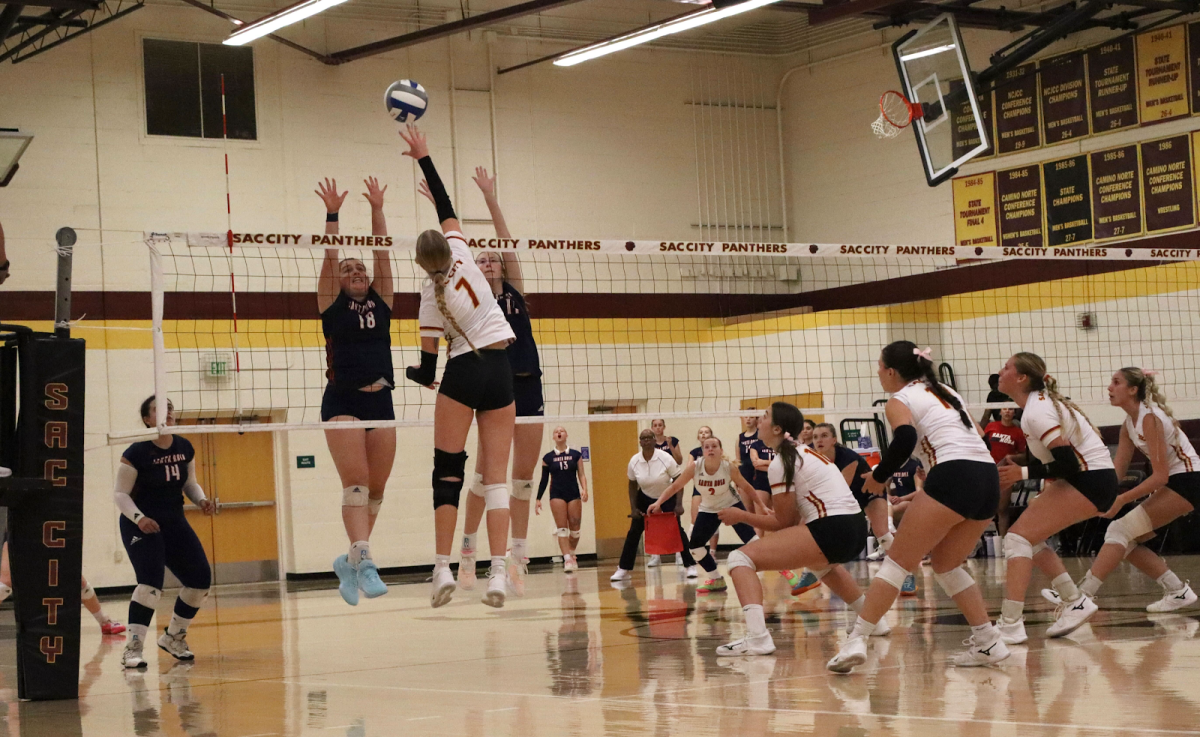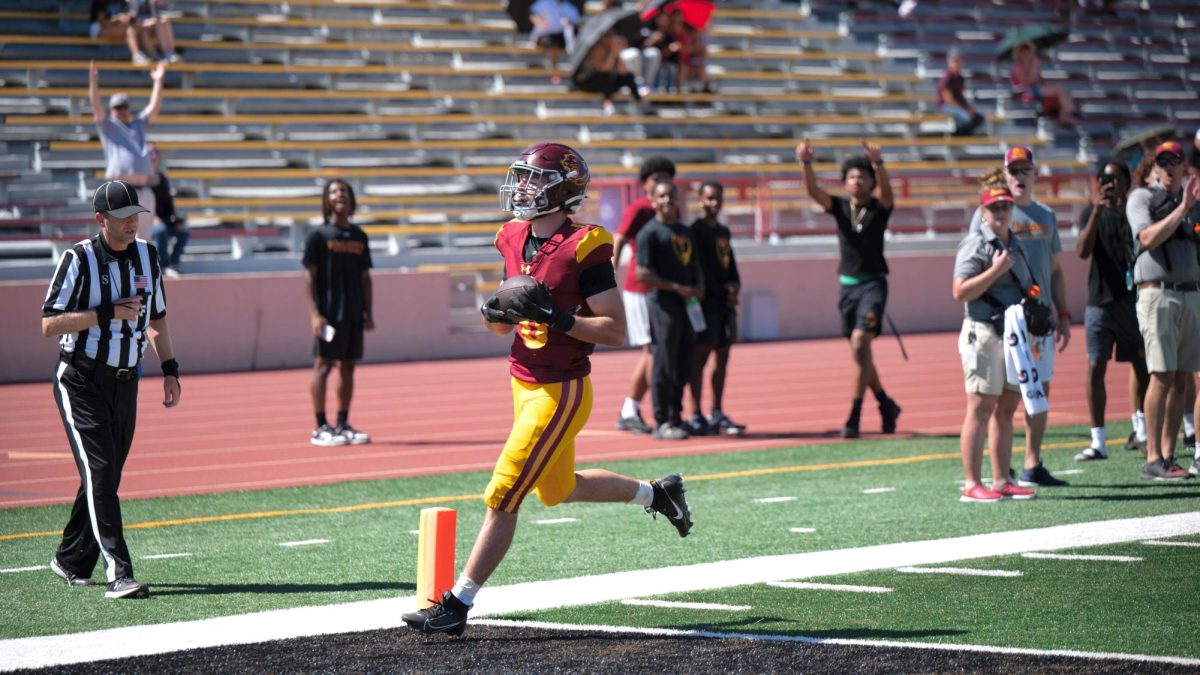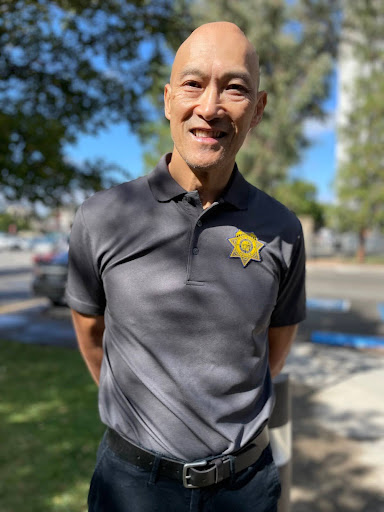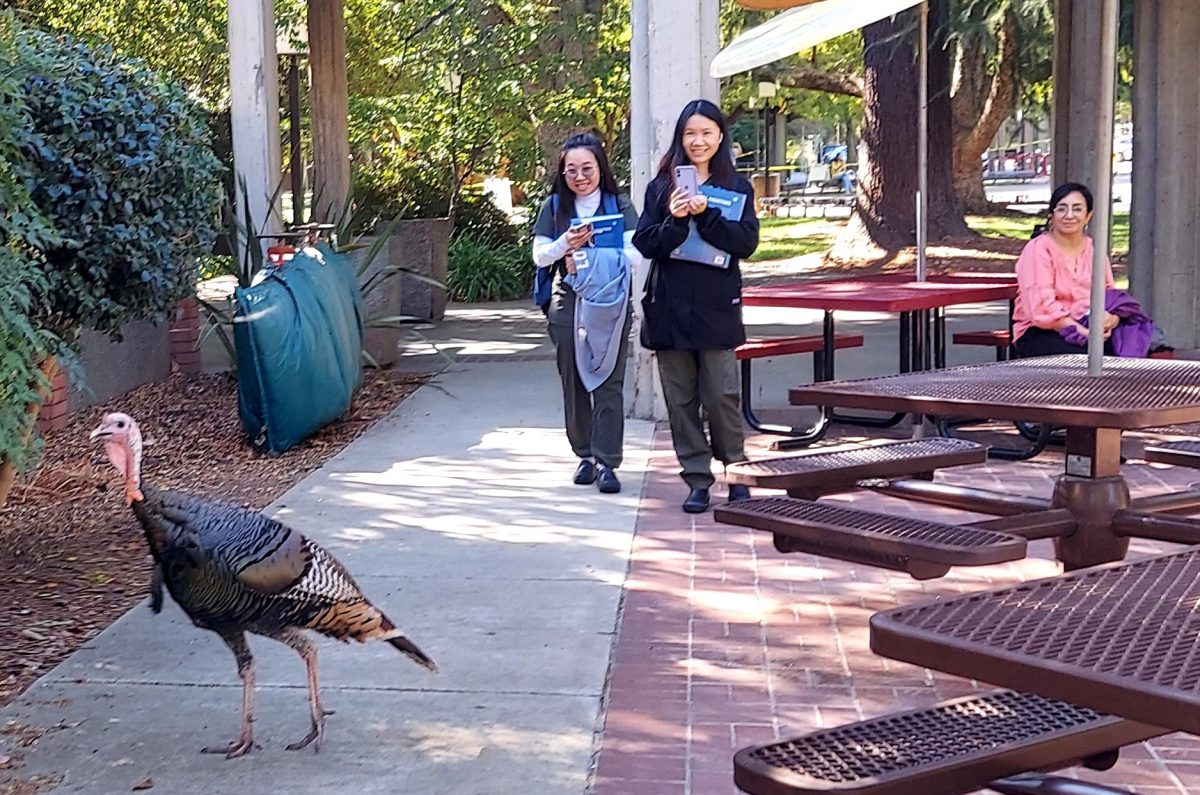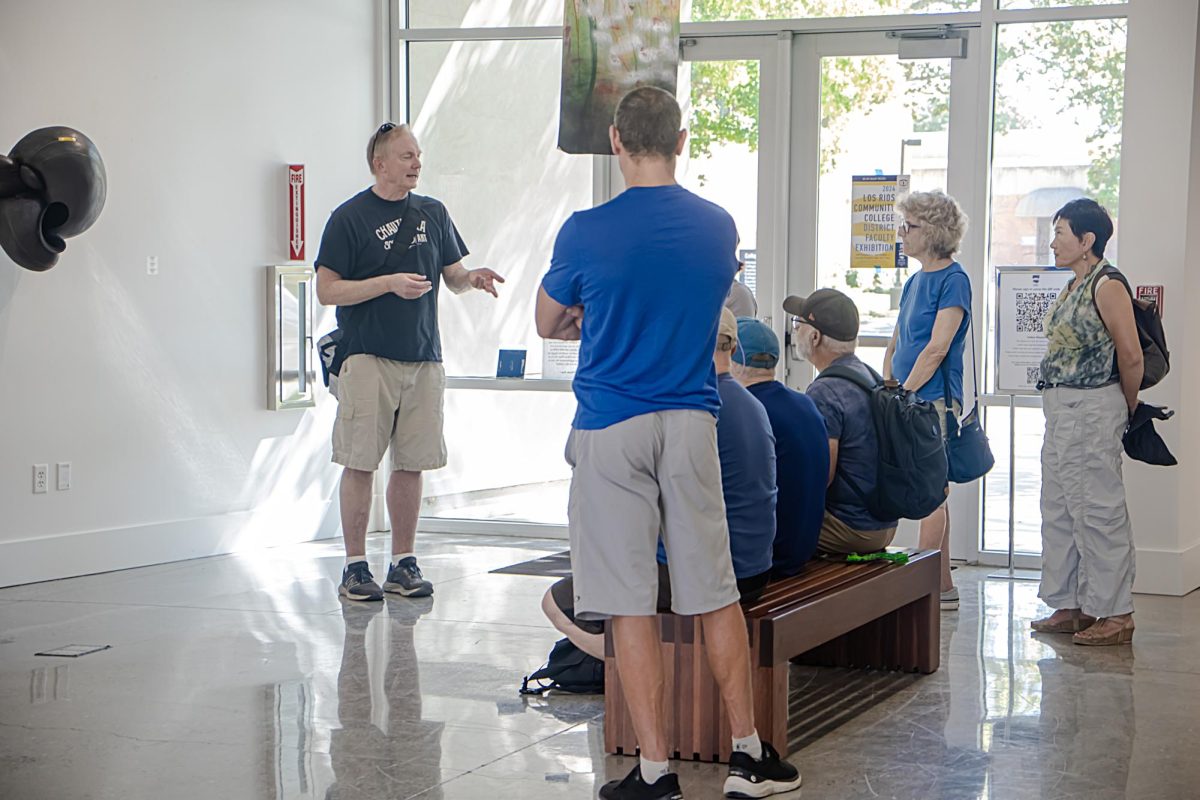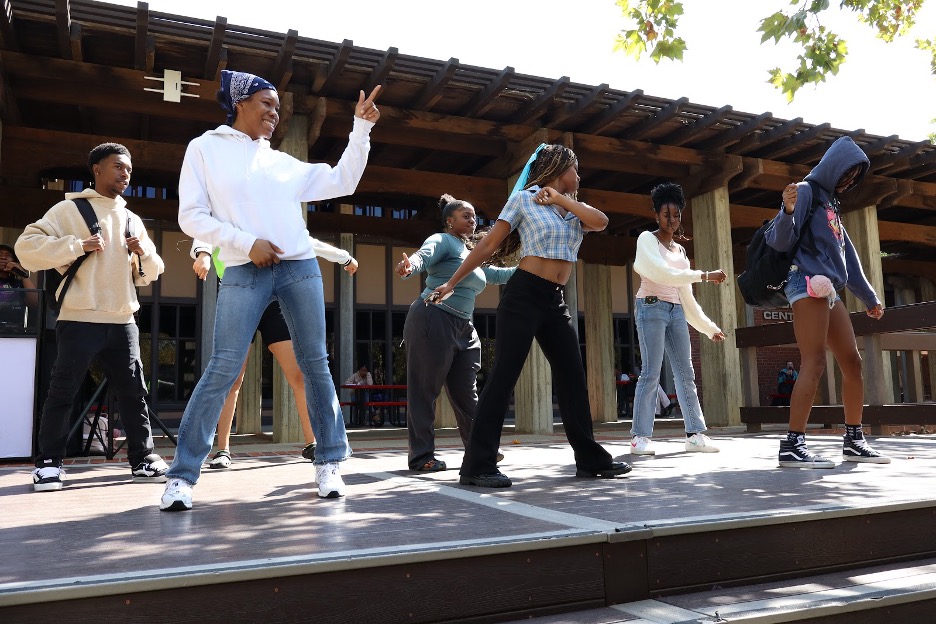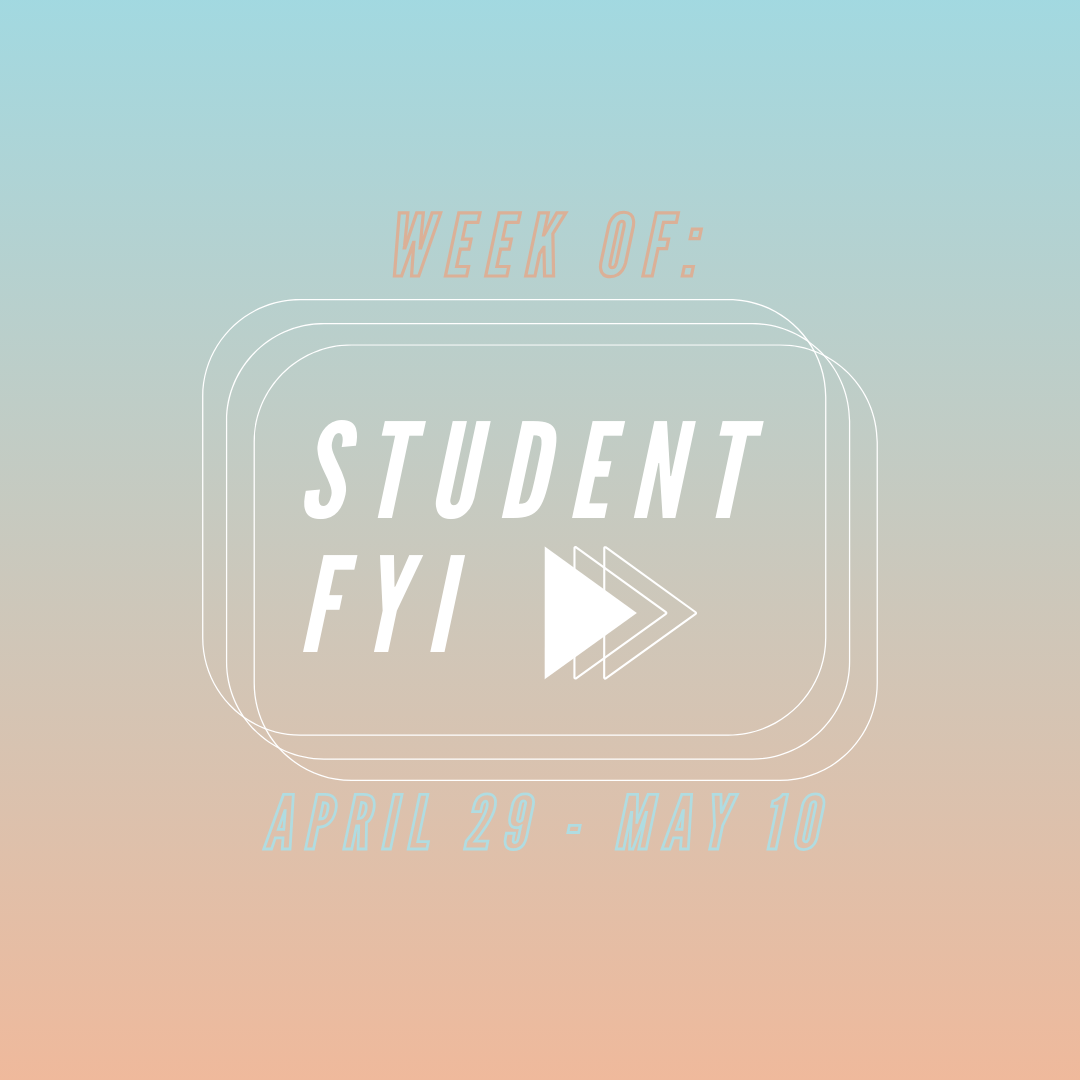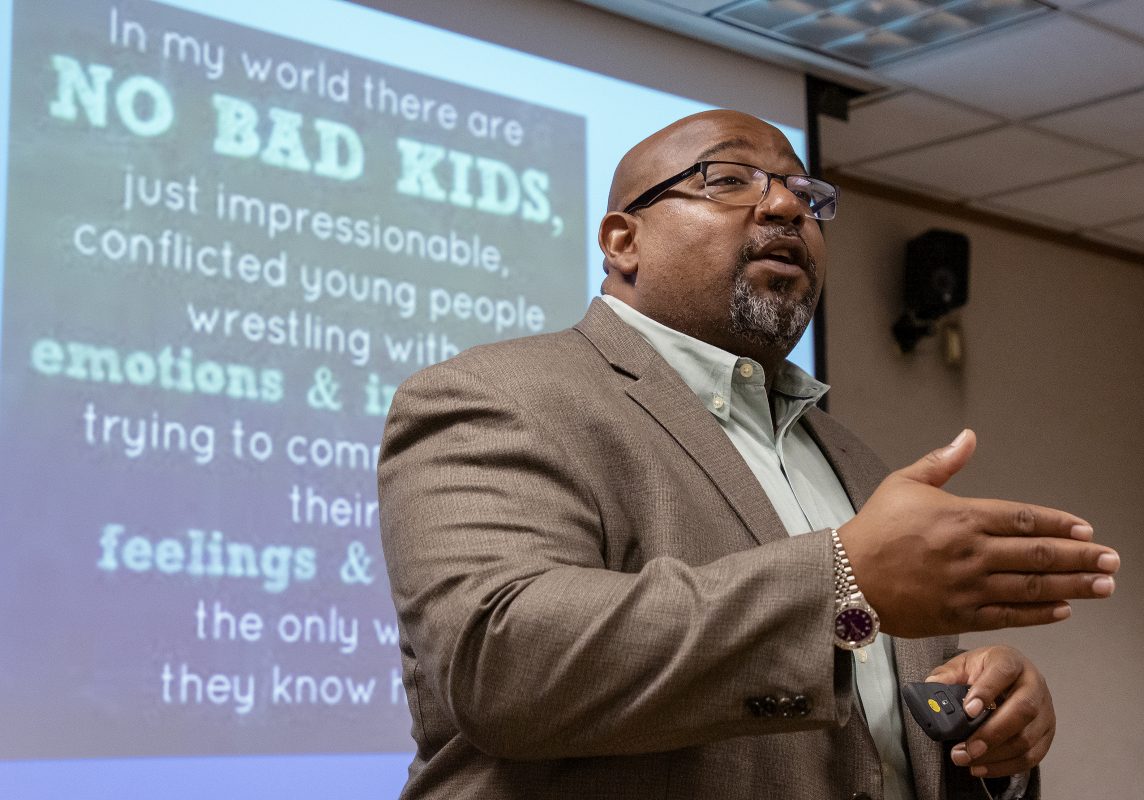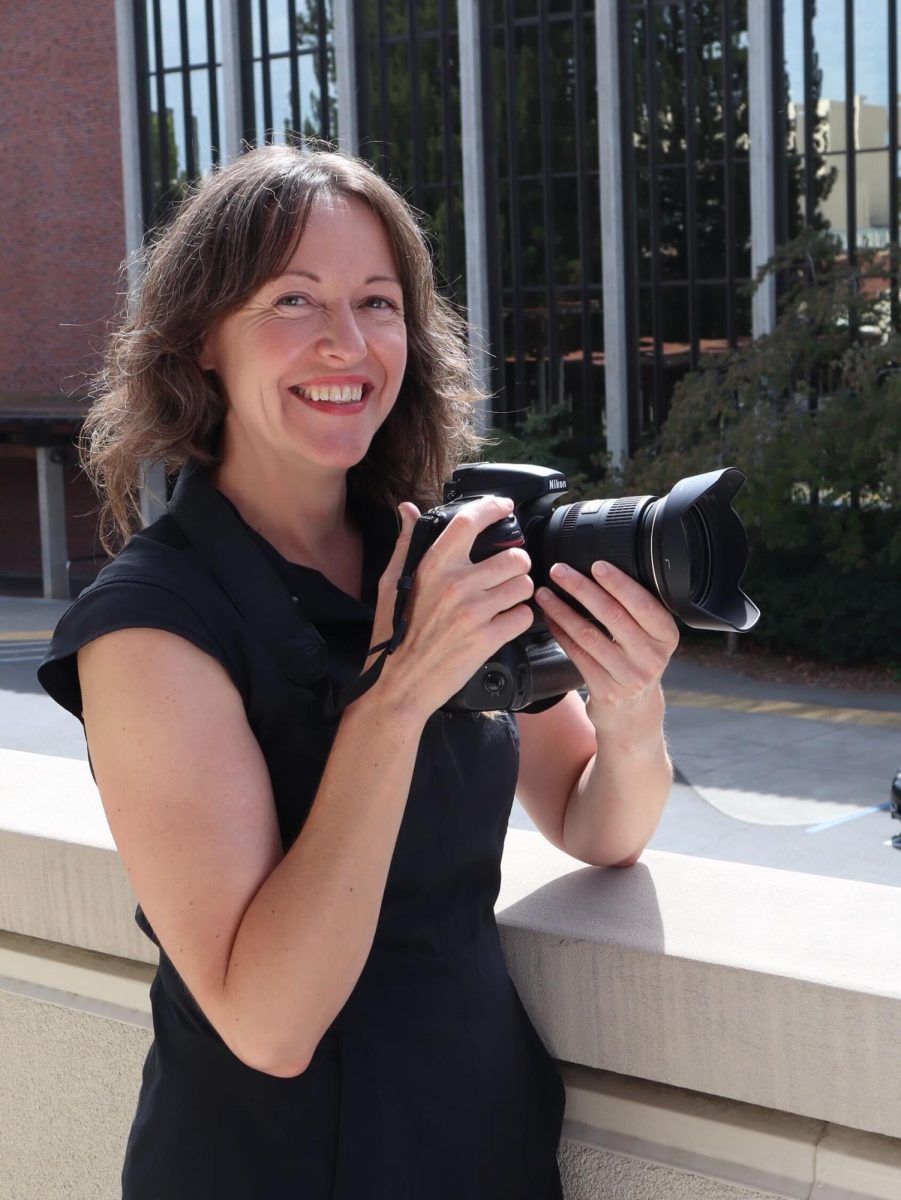by Rose Vega| Editor-in-chief| [email protected]
Sept.16, 2019
Andre Coleman paced in front of an audience in a small classroom in the Learning Resource Center. He started with a simple question: Why did you decide to come to this workshop today? His audience weren’t students but City College faculty, and while their departments varied, their answers were all similar—they want to know how to better serve their students.
“The classroom is one of those really fascinating places,” said Coleman. “The power of the classroom is often underrated. I know we talk a lot about the importance of faculty, but the role that faculty play is powerful, and your ability to set up your classroom can make all the difference for students.”
“Transforming the Classroom: Assessing and Addressing Student Behavior” was the first workshop Sept. 13 in a three-part series facilitated by Coleman, the dean of campus interventions. Coleman had been wanting to do a series like this for about two years but says that creating a workshop about being more proactive than reactive was a challenge.
“I set it up as a three-part series where people can come to any one of them, independently, and not be behind if they didn’t come to the first one,” said Coleman, who will do two more on-campus workshops in Oct. and Nov.
Coleman said he wants the workshops to build upon each other and will continue to make series like this as long as people want them.
“If we can find these opportunities to create more community and connection in the classroom, students are going to perform better,” said Coleman. “Students are going to be better students in your classroom.”
According to Coleman, a little more than a third of City College students are working 40 hours or more a week, some 56% of students are low income or below the poverty line, and a majority are students of color.
“Folks are just juggling a lot of things right now in their lives,” said Coleman, “especially our students, if we look at the number of those working 40 hours or more, if we look at their income level. They’re juggling a lot.”
Coleman said that many students coming from high school are “pushed through,” and when they come to City College, they don’t always know what’s expected of them in college.
“There’s a lot of resilience just for them to be here, considering all that they’ve been through,” said Coleman.
He stressed that to help change the dynamic of the classroom faculty should work to learn the proper pronunciation of students’ names, as well as connect with and get feedback from them every couple weeks.
“Ask them and find out what they need,” suggested Coleman. “Find out if we’re hitting the mark with them.”
Coleman then brought up the fact that sometimes students can react to their teachers out of frustration and that faculty should separate what students are saying from how they’re saying it.
“They’re really agitated and probably for a good reason. They’re just going about it the wrong way,” said Coleman. “There aren’t any bad kids. They’re just young people trying to express their attitudes, behaviors and beliefs and are just trying to make sense of a world that doesn’t always make sense. A world that’s frustrating at times.”
Coleman said that the problems that many students face, such as their K-12 school experience, their socioeconomic background and having a heavy workload, can determine their behavior in the classroom. Faculty need to understand and be sympathetic to all those factors.
“It’s not that we can fix them all [problems students face],” said Coleman, “but there are things that we can control individually. We as instructors, we as administrators, we as people that make up an institution have the ability to do more.”
“Indicators of Aggression: Exploring the 9 levels” will take place Oct. 11 and “Before They Shoot: From Ideation to Implementation” Nov. 15 both will be facilitated by Andre Coleman.









